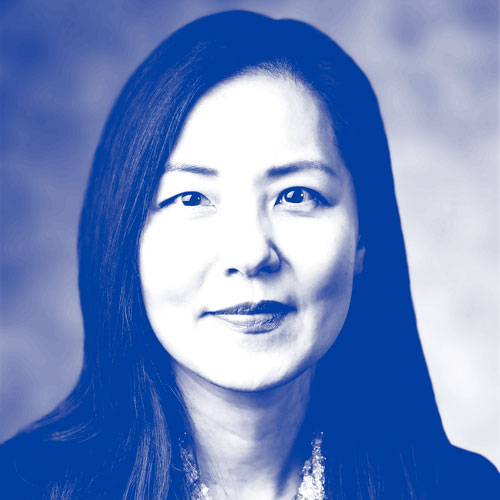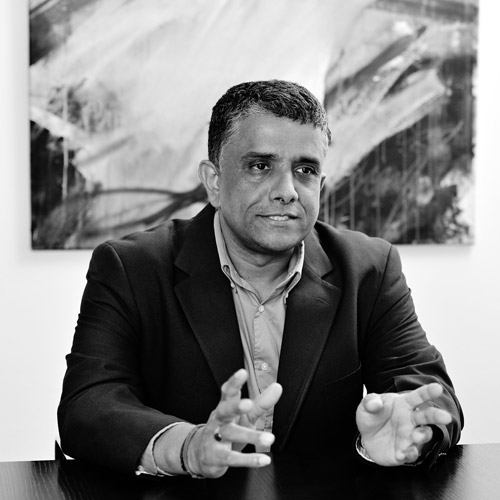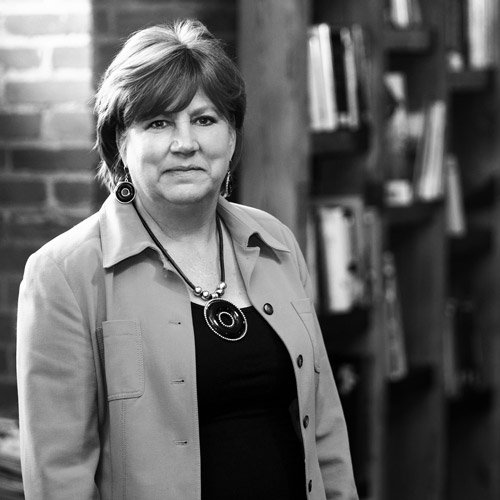Jean Liu grew up with a passion for science—at least until her second year of graduate school in molecular biology—when she realized there was something missing. While other students were enthusiastic about the narrow focus required to gain a deeper understanding of a subject area, Liu missed having a broader perspective on the overall context. She needed to know how her small piece fit into the larger puzzle.

Luckily, her brother suggested she consider law school, which led to a twenty-three year legal career and rediscovering her connection to science by working with biotechnology clients. Since 1998, Liu has served as internal counsel for several biotech firms. She is currently general counsel, executive vice president, legal affairs, and corporate secretary at Seattle Genetics, a developer of antibody drug conjugates that uses proprietary technology to target cancer cells to increase efficacy and reduce the side effects of chemotherapy.
The Biotech Legal Environment
Liu feels privileged to be working in an area that has such a substantial impact on patients’ lives. But she points out that biotech is a unique industry with characteristics that differentiate the general counsel’s role from other businesses.
First of all, she operates in a highly regulated environment with extraordinary standards for quality and efficacy. Biotech companies also work with very long time lines and extraordinarily expensive research and development costs for drugs that may or may not be successful. Combined with constantly churning news cycles and stockholder expectations, the industry faces a great deal of volatility in which stock values can experience double-digit fluctuations in a single day.
“The time lines in biotech provide the luxury of being able to think long-term when it comes to strategy as compared to high tech, where there’s always a race against the clock and worrying about obsolescence. But it also means the general counsel has to have a comprehensive view across the enterprise, because getting something wrong can have huge negative implications downstream for the company,” Liu explains.
That comprehensive view is the very thing that Liu missed back in graduate school. So she now thrives on the challenge of maintaining a holistic perspective on business, operations, compliance, and partnerships, and being able to provide the most appropriate, fully informed recommendations on how to reach business objectives.
She recounts negotiations at a former company of a partnership deal that had run into problems. As her business development teammate reviewed the details of what the other side was demanding, Liu took a different tack, suggesting a broader approach that would overcome the issues.
“I had enough perspective on the overall business objectives that I could propose a fundamental realignment instead of focusing on the nuts and bolts. It wasn’t a legal determination, but a specific recommendation based on the broader goals,” she says, adding, “That’s how I see the GC’s role: to synthesize complex laws and facts and to deliver actionable advice that’s tailored to business objectives and the specific issues at hand.”
An Evolving Transition
It took Liu several years to fully understand her role and responsibilities as in-house counsel. She realized that she had to become accustomed to being part of the decision-making process, or even the decision-maker, as opposed to simply providing options and letting the client decide.
“As part of the transition, you evolve from being a lawyer with highly specific legal expertise to becoming more of an expert on your company. That’s what makes you valuable. You gain intimate knowledge about what the company needs and about what’s best from both a legal and business point of view,” Liu points out.
The ability to facilitate, prioritize, and develop those kinds of recommendations is what Liu loves about her job. Being able to create a set of tools and solutions tailored to each individual issue is her sweet spot. “I love problem solving,” she says.
An Ongoing Entrepreneurial Spirit
Seattle Genetics was founded in 1998, and with cofounder Clay Siegall still acting as CEO, it has retained its agility and lean philosophy toward operations. Efficiency and timeliness are still valued as they would be in a startup organization.
“Even though we’re a mature company, I still always stop to ask myself if I’m adding value to what I’m trying to accomplish and make sure I’m not overdoing it when a lighter touch or simpler approach would do,”
Liu says.
She is also careful to always assess what can be learned from each individual situation. For example, in every matter, she tries to go back to the question “What is the primary goal we’re trying to accomplish?” This can be a difficult perspective to maintain when there are usually numerous variables that change over time. At the very least, she makes sure to review a basic checklist of objectives prior to the resolution of any negotiation or proposed recommendation.
In a previous position with another company, this led to a surprising conclusion. Before submitting a negotiated deal to the board of directors for approval, she and the CEO reviewed the terms to determine if their intended business goals had been achieved.
“It turned out the answer was ‘no,’ so we walked away. I still consider that to have been a victory. Coming away with nothing is better than getting locked into something that you don’t want or need,” Liu says.
Old Challenges Are New Again
According to Liu, the biggest questions for most people starting their careers are “What am I passionate about?” and “What am I good at?” She was able to find those answers over time and admits that she still prefers to look at the big picture and the broader legal,
business, and scientific implications of
decisions rather than focusing on any specific area.
“I really enjoy being at the crossroads of business, science, and the law while exercising different skills and expertise. But I still look forward to discovering new challenges and passions where I can apply myself in fresh ways,” she says.
So, even after twenty-three years, the search for new challenges continues.

